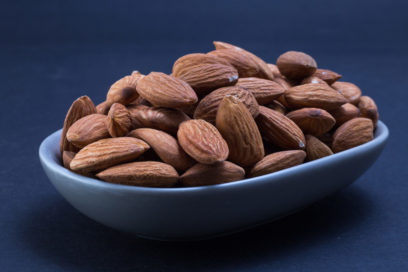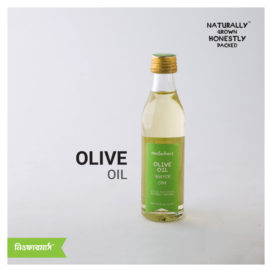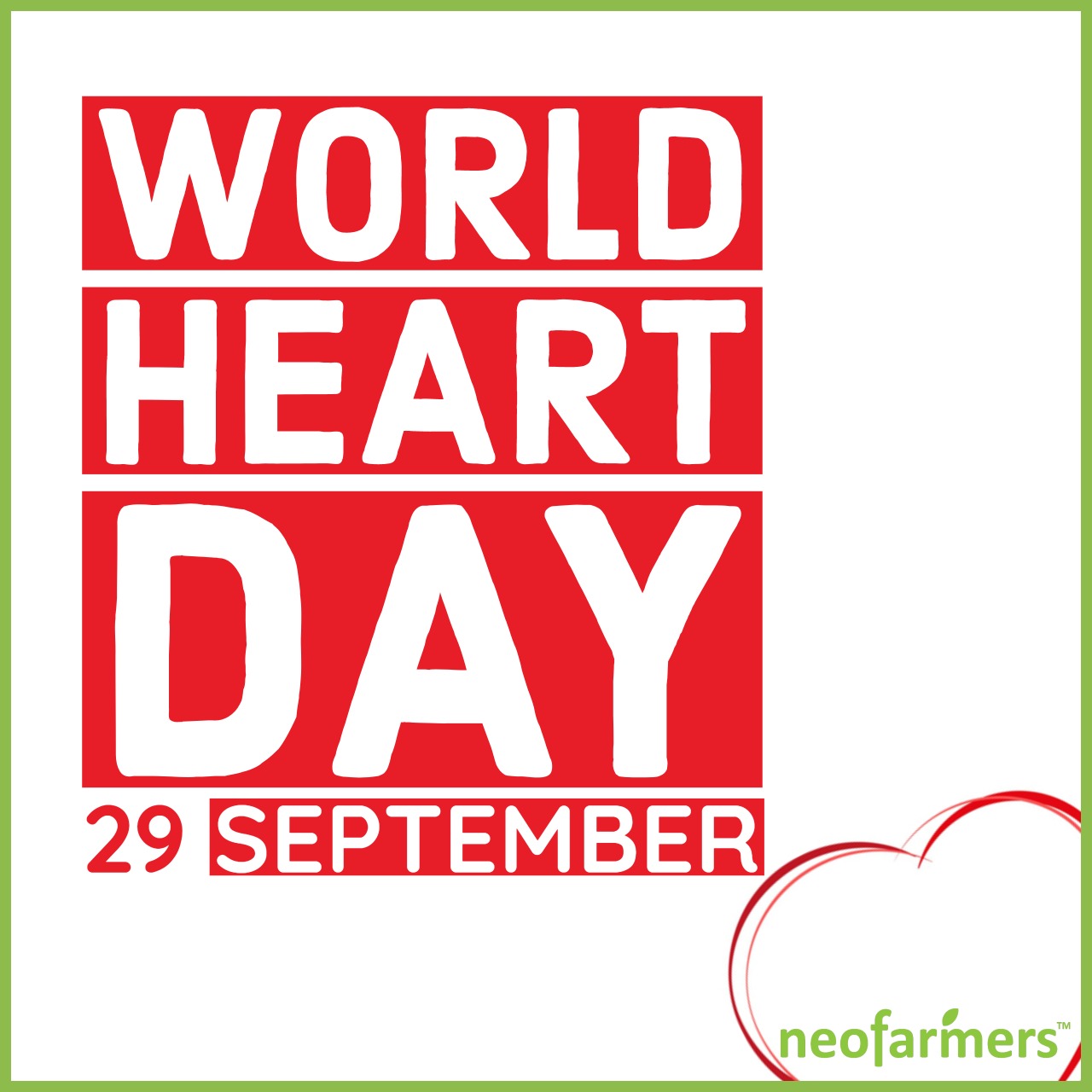- You have no items in your shopping cart
- Subtotal: 0.00৳
Today is World heart day 🙂

Heart disease accounts for nearly one-third of all deaths worldwide.Having good food plays a major role in heart health and can impact your risk of heart disease.In fact, certain foods can influence blood pressure, triglycerides, cholesterol levels and inflammation, all of which are risk factors for heart disease.
Here are few foods that you should be eating to maximize your heart condition.
1. Green Vegetables-
Leafy green vegetables like spinach, cucumber and collard greens are well-known for their wealth of vitamins, minerals and antioxidants.
In particular, they’re a great source of vitamin K, which helps protect your arteries and promotes proper blood clotting. Studies show that a higher intake of leafy green is associated with a lower risk of heart disease.
2. Whole Grains-
Whole grains include all three nutrient-rich parts of the grain: germ, endosperm and bran.Common types of whole grains include whole wheat flour, Brown rice, Oats, Barley, and quinoa.
Compared to refined grains, whole grains are higher in fiber, which may help reduce “bad” LDL cholesterol and decrease the risk of heart disease.
Eating whole grains is associated with lower cholesterol and systolic blood pressure, as well as a lower risk of heart disease.
3. Walnuts-
Walnuts are a great source of fiber and micronutrients like magnesium, copper and manganese.Research shows that incorporating a few servings of walnuts in your diet can help protect against heart disease.
Walnuts can help reduce cholesterol and blood pressure and may be associated with a lower risk of heart disease.
4. Almonds-
Almonds are incredibly nutrient-dense, boasting a long list of vitamins and minerals that are crucial to heart health.
They’re also a good source of heart-healthy monounsaturated fats and fiber, two important nutrients that can help protect against heart disease
Almonds are high in fiber and monounsaturated fats, and have been linked to reductions in cholesterol and belly fat.Remember that while almonds are very high in nutrients, they’re also high in calories. Measure your portions and moderate your intake if you’re trying to lose weight.


5. Seeds-
Chia seeds, flaxseeds and hemp seeds are all great sources of heart-healthy nutrients, including fiber and omega-3 fatty acids.
Numerous studies have found that adding these types of seeds to your diet can improve many heart disease risk factors, including inflammation, blood pressure, cholesterol and triglycerides.
Eating seeds may improve several heart disease risk factors, including inflammation, blood pressure, cholesterol and triglycerides.
6. Olive Oil-
Olive oil is packed with antioxidants, which can relieve inflammation and decrease the risk of chronic disease. It’s also rich in monounsaturated fatty acids, and many studies have associated it with improvements in heart health.Olive oil is high in antioxidants and monounsaturated fats. It has been associated with lower blood pressure and heart disease risk.

Take advantage of the many benefits of olive oil by drizzling it over cooked dishes or adding it to vinaigrettes and sauces.
7. Peanut, Peanut Butter and Peanut oil-
Peanuts, peanut butter, and peanut oil are filled with heart-healthy monounsaturated and polyunsaturated fats. These fats lower total and “bad” LDL cholesterol as well as triglycerides, while keeping “good” HDL cholesterol high.

Numerous studies have shown that people who regularly include nuts or peanut butter in their diets are less likely to develop heart disease or type 2 diabetes than those who rarely eat nuts. Although it is possible that nut eaters are somehow different from, and healthier than, non-nut eaters, it is more likely that nuts themselves have a lot to do with these benefits.
As new evidence emerges, the link between diet and heart disease grows stronger.
What you put on your plate can influence just about every aspect of heart health, from blood pressure and inflammation to cholesterol levels and triglycerides.
Including these heart-healthy foods as part of a nutritious, well-balanced diet can help keep your heart in good shape and minimize your risk of heart disease.

